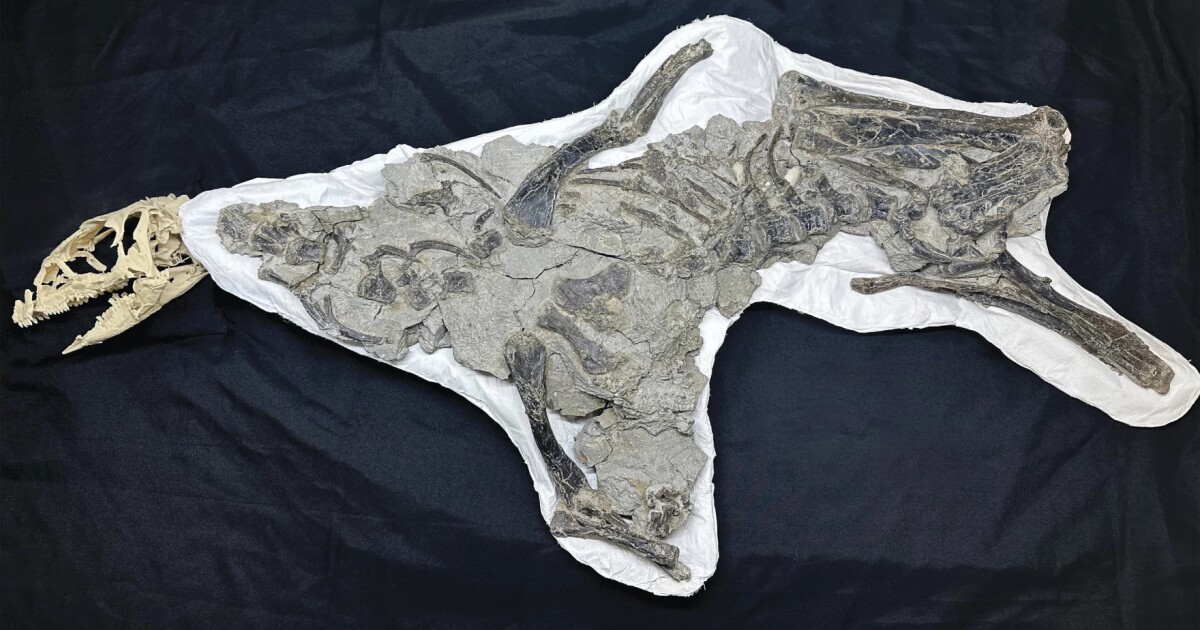
Meta AI logo is seen in this illustration created on May 20, 2024. REUTERS/Dado Ruvic/Illustration/File Photo Purchase Licensing Rights, opens new tab
- AI companies say training on copyrighted work is fair use
- Judge rules for Meta in dispute with authors
- Judge says "plaintiffs made the wrong arguments"
June 25 (Reuters) - A federal judge ruled on Wednesday for Meta Platforms
(META.O), opens new tabagainst a group of authors who had argued that its use of their books without permission to train its artificial intelligence system infringed their copyrights.
U.S. District Judge Vince Chhabria, in San Francisco,
said in his decision, opens new tabthat the authors had not presented enough evidence that Meta's AI would dilute the market for their work to show that the company's conduct was illegal under U.S. copyright law.
Sign up here.
Chhabria also said, however, that using copyrighted work without permission to train AI would be unlawful in "many circumstances," splitting with another federal judge in San Francisco who found on Monday in a separate lawsuit that Anthropic's AI training made "fair use" of copyrighted materials.
"This ruling does not stand for the proposition that Meta's use of copyrighted materials to train its language models is lawful," Chhabria said. "It stands only for the proposition that these plaintiffs made the wrong arguments and failed to develop a record in support of the right one."
A spokesperson for the authors' law firm Boies Schiller Flexner said that it disagreed with the judge's decision to rule for Meta despite the "undisputed record" of the company's "historically unprecedented pirating of copyrighted works."
A Meta spokesperson said the company appreciated the decision and called fair use a "vital legal framework" for building "transformative" AI technology.
The authors sued Meta in 2023, arguing the company misused pirated versions of their books to train its AI system Llama without permission or compensation.
The lawsuit is one of several copyright cases brought by writers, news outlets and other copyright owners against companies including OpenAI, Microsoft
(MSFT.O), opens new taband Anthropic over their AI training.
The legal doctrine of fair use allows the use of copyrighted works without the copyright owner's permission in some circumstances. It is a key defense for the tech companies.
Chhabria's decision is the second in the U.S. to address fair use in the context of generative AI, following U.S. District Judge William Alsup's ruling in the Anthropic case.
AI companies argue their systems make fair use of copyrighted material by studying it to learn to create new, transformative content, and that being forced to pay copyright holders for their work could hamstring the burgeoning AI industry.
Copyright owners say AI companies unlawfully copy their work to generate competing content that threatens their livelihoods. Chhabria expressed sympathy for that argument during a hearing in May, which he reiterated on Wednesday.
The judge said generative AI had the potential to flood the market with endless images, songs, articles and books using a tiny fraction of the time and creativity that would otherwise be required to create them.
"So by training generative AI models with copyrighted works, companies are creating something that often will dramatically undermine the market for those works, and thus dramatically undermine the incentive for human beings to create things the old-fashioned way," Chhabria said.
Reporting by Blake Brittain in Washington; Editing by David Gregorio, Alexia Garamfalvi, Nia Williams and Leslie Adler
Our Standards: The Thomson Reuters Trust Principles., opens new tab
Blake Brittain reports on intellectual property law, including patents, trademarks, copyrights and trade secrets, for Reuters Legal. He has previously written for Bloomberg Law and Thomson Reuters Practical Law and practiced as an attorney.
.png)




